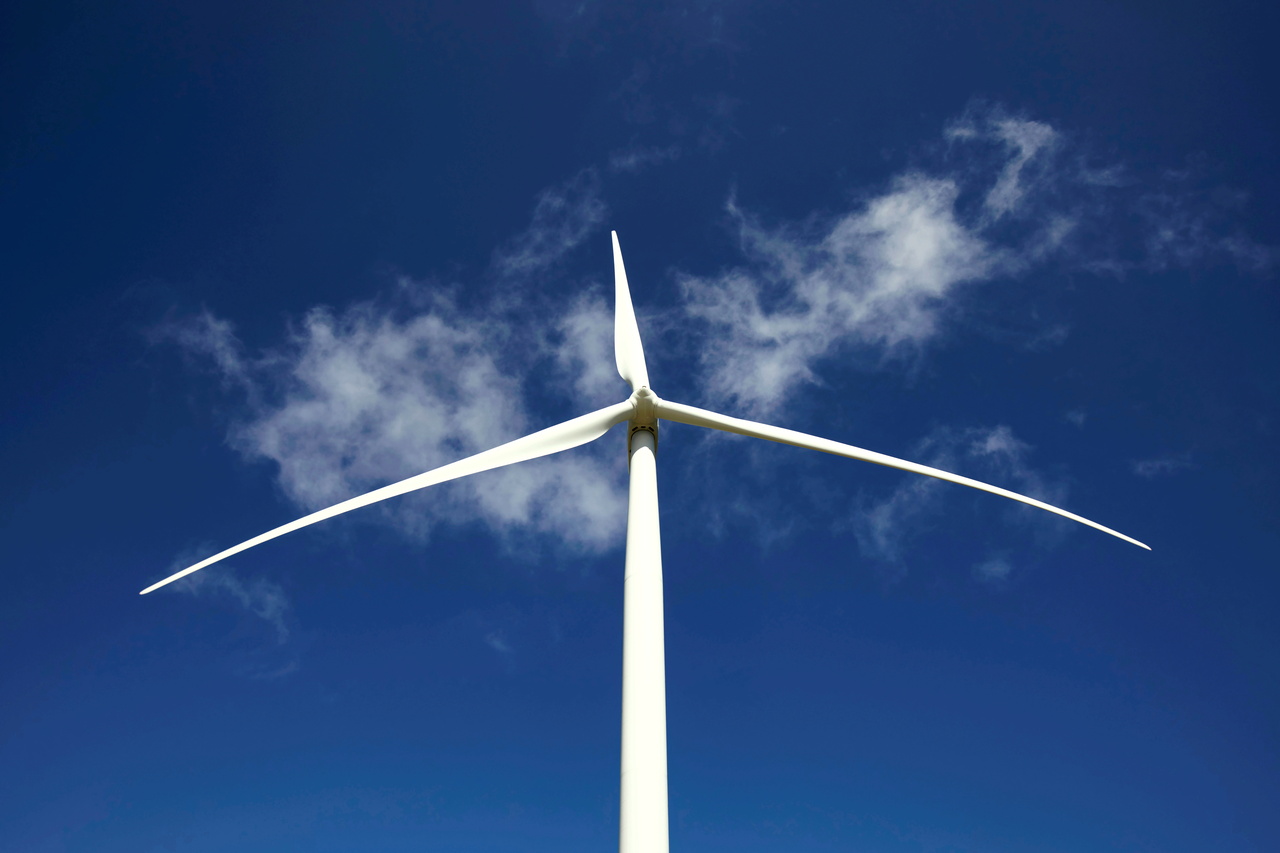G-7 leaders agree on increased climate finance target, but details missing
Sign up now: Get ST's newsletters delivered to your inbox

The Group of Seven nations agreed to meet an overdue spending pledge of $132.5 billion a year to help poorer countries.
PHOTO: REUTERS
CARBIS BAY, ENGLAND (REUTERS) - Group of Seven leaders agreed on Sunday (June 13) to raise their contributions to meet an overdue spending pledge of US$100 billion (US$132.5 billion) a year by rich countries to help poorer ones cut carbon emissions and cope with global warming, but campaigners said firm cash promises were missing.
Alongside plans billed as helping speed funding of infrastructure projects in developing countries and a shift to renewable and sustainable technology, the world's seven most advanced economies again pledged to meet the climate finance target.
But climate groups said the promise - in a copy of a draft communique seen by Reuters - lacked detail, most importantly a figure for the increases.
A spokesman for British Prime Minister Boris Johnson said individual nations were expected to set out the size of the increases "in due course".
There was a clear push by leaders at the G-7 summit in south-western England try to counter China's increasing influence in the world, particularly among developing nations.
The leaders signalled their desire to build a rival to Beijing's multitrillion-dollar Belt and Road Initiative but the details were few and far between. In the draft communique the seven nations - the United States, Britain, Canada, France, Germany, Italy and Japan - reaffirmed their commitment to "mobilise US$100 billion/year from public and private sources, through to 2025".
"Towards this end, we commit to each increase and improve our overall international public climate finance contributions for this period and call on other developed countries to join and enhance their contributions to this effort."
In statement released late on Saturday, G-7 host Johnson said: "Protecting our planet is the most important thing we as leaders can do for our people".
"As democratic nations, we have a responsibility to help developing countries reap the benefits of clean growth through a fair and transparent system.
"The G-7 has an unprecedented opportunity to drive a global Green Industrial Revolution, with the potential to transform the way we live."
Pledge overdue
Some green groups were unimpressed with the climate pledges.
Ms Catherine Pettengell, director at Climate Action Network, an umbrella group for advocacy organisations, said the G-7 had failed to rise to the challenge of agreeing on concrete commitments on climate finance.
"We had hoped that the leaders of the world's richest nations would come away from this week having put their money where their mouth is," she said.
Developed countries agreed at the United Nations in 2009 to together contribute US$100 billion each year by 2020 in climate finance to poorer countries, many of whom are grappling with rising seas, storms and droughts made worse by climate change.
That target was not met, derailed in part by the coronavirus pandemic that also forced the British government to postpone the United Nations' Climate Change Conference (COP26) until later this year.
The G-7, according to the copy of the draft communique, also said 2021 should be a "turning point for our planet" and to accelerate efforts to cut greenhouse gas emissions and keep the 1.5 deg C global warming threshold within reach.
But there were few details on how they would manage to cut emissions, with an absence of specific measures to phase out coal and transition to electric vehicles.
Ms Pettengell said it was encouraging that leaders were recognising the importance of climate change but their words had to be backed up by specific action on cutting subsidies for fossil fuel development and ending investment in projects such as new oil and gas fields as well as climate finance.
British environmentalist David Attenborough told the G-7 that tackling climate change was now as much a political challenge as it was a scientific one.
"We know in detail what is happening to our planet, and we know many of the things we need to do during this decade," he said in a recorded video address.
"Tackling climate change is now as much a political and communications challenge as it is a scientific or technological one. We have the skills to address it in time, all we need is the global will to do so."


